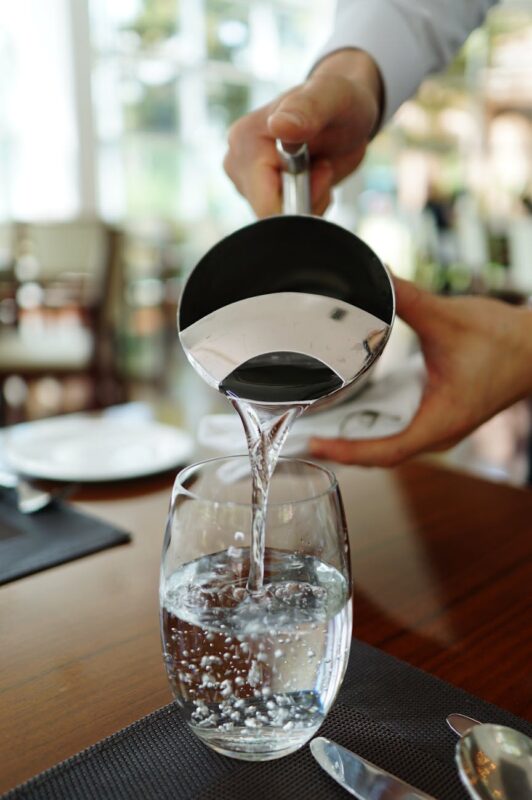Health 🍏
🌀 Top 5 wellness myths that science has already debunked
The world of well-being is full of advice, rules, and “truths” that we’ve all heard at some point. But not everything that sounds healthy actually is.
Today I bring you the 5 most common wellness myths that science has already debunked. I assure you, more than one will surprise you (and maybe change the way you take care of your health).
❌ Myth 1: “Sleeping 8 hours is enough to be rested”
The Reality: It’s not just about the quantity of hours, but the quality of sleep. You can sleep 8–9 hours and still feel tired if your rest is full of interruptions or if you go to bed looking at your phone.
👉 The Correct Approach: Prioritize sleep hygiene: a fixed routine, no screens before bed, total darkness, and the right temperature in your room.
❌ Myth 2: “Drinking more water is always better”
Water is vital, but drinking too much is not healthy either. In fact, excess water can lead to a condition called hyponatremia, where blood sodium levels drop dangerously.
👉 The Correct Approach: Listen to your body and maintain an average of 2–3 liters daily, adjusting according to your activity and climate.
❌ Myth 3: “Well-being is only physical”
Many people believe that being fit and eating healthy is all they need to feel good. Science shows that well-being is holistic: it includes mental, emotional, and social health.
👉 The Correct Approach: Combine nutrition and exercise with practices for relaxation, social connection, and stress management.
❌ Myth 4: “To reduce stress, you have to eliminate it completely”
It is impossible (and unrealistic) to eliminate all stress from your life. Moreover, a certain level of stress is positive: it’s called eustress and it helps you stay motivated, focused, and in action.
👉 The Correct Approach: Learn to manage stress instead of trying to erase it. Techniques like mindfulness, physical exercise, or journaling are your best allies.
❌ Myth 5: “Supplements are the key to well-being”
The wellness industry is full of magic powders, vitamins, and products that promise to change your life. But science is clear: supplements are just that, supplements, and they never substitute a balanced diet, rest, and movement.
👉 The Correct Approach: First, build solid habits. Then, if you need an extra boost (for example, Vitamin D in winter or protein if you train hard), add supplements with professional advice.
🧠 Conclusion
Well-being is not about following old rules or believing everything we see on the internet. It’s about getting well-informed, applying simple habits, and listening to your body.
👉 If you want to improve your energy, health, and happiness, the first thing you should do is break free from the myths that are holding you back.

